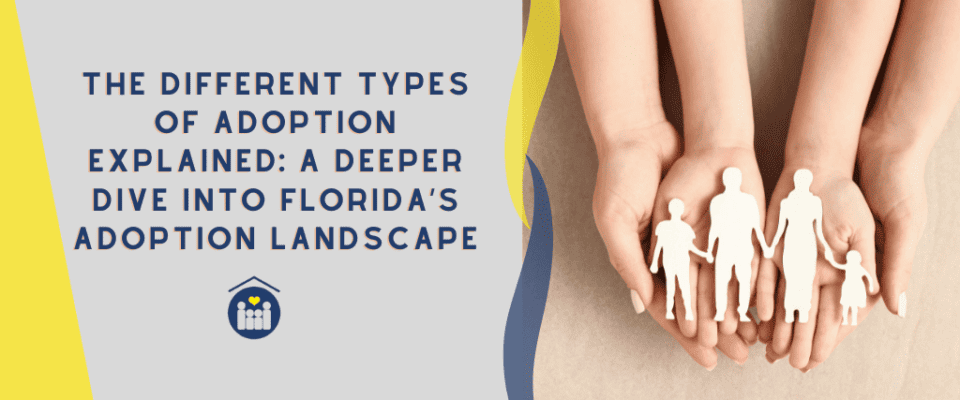Important Information About Surrogacy Across State Lines

What Everyone Should Know About Biological Parents Rights, Foster Care, and DCF
December 20, 2021
What You Need To Know About Florida Adoption Laws
March 1, 2022Surrogacy laws vary from state to state, so it is crucial to obtain legal counsel to help guide you through each step of your surrogacy journey. Intended parents often seek birth mothers in more surrogacy-friendly states such as Florida, especially if they reside in a less agreeable state. Although surrogacy across state lines is more complicated and requires travel for doctor’s appointments and birth, it is an option worth exploring. Keep in mind that the surrogacy process is subject to state laws where the birth mother lives.
Table of Contents
Can You Get A Surrogate Out Of The State Of Florida?
As intended parents, you can find a surrogate outside of Florida. It is in your best interests to find a surrogate in a surrogacy-friendly state, as not all states equally recognize intended parents’ rights. You can also find a surrogate in Florida, even if you reside in another state. If you live in Florida, your law firm may be able to help you find an attorney to represent a surrogate who lives in another state. The law firm can also inform you of all Florida state laws regarding surrogacy
We Bring Families Together Through Surrogacy. Contact Us Today So We Can Help You Navigate The Process
Can I Be A Surrogate In Florida?
You can be a surrogate in Florida if you are a permanent legal resident of the United States, 21- 40 years old, and are financially stable without government support. You must already be a mother and will also need to meet certain legal, physical, and mental health requirements.
There are two kinds of surrogacy in Florida: traditional and gestational. Traditional surrogacy is very similar to adoption and requires a more complex surrogacy agreement signed by the birth mother and intended parents because of the legal risks involved.
In a traditional surrogacy, the birth mother is the biological mother, as her egg is fertilized with sperm from the intended father or a sperm donor. A gestational surrogacy means that the pregnancy was initiated through in vitro fertilization by at least one of the intended parents, using a sperm or egg donor. This means that the embryo has no biological relation to the birth mother.

The Surrogate’s State Trumps Yours
As the intended parents, you should know that all legal proceedings for a surrogate pregnancy will be decided according to the state law where the birth mother resides. For that reason, make sure that you choose a surrogate that lives in a surrogacy friendly state, and not a state where surrogacy is legal.
Depending on the type of surrogacy, both intended parents and the surrogate and their spouse, (if they are married), will sign a post-birth order, and in some cases, a pre-birth order as well. A pre-birth order is optional and applies to a surrogacy in which one of the intended parents is also one of the biological parents, though other rules apply.
A post birth order is a petition for parental rights within three days of the birth and is required when the intended parents are married and at least one of them is the biological parent.
These orders must be issued by the state the surrogate lives in or they won’t be considered valid.
How We Can Help You
As experienced attorneys and proud advocates for birth mothers and children, we can help you with the ins and outs of your surrogacy journey. We understand that surrogacy can be an emotionally charged process for both parties, and are here to offer guidance and legal counsel to create a surrogacy agreement that will protect your best interests. If you are considering surrogacy in the state of Florida as intended parents or as a birth mother, reach out to us today.
Sources:






